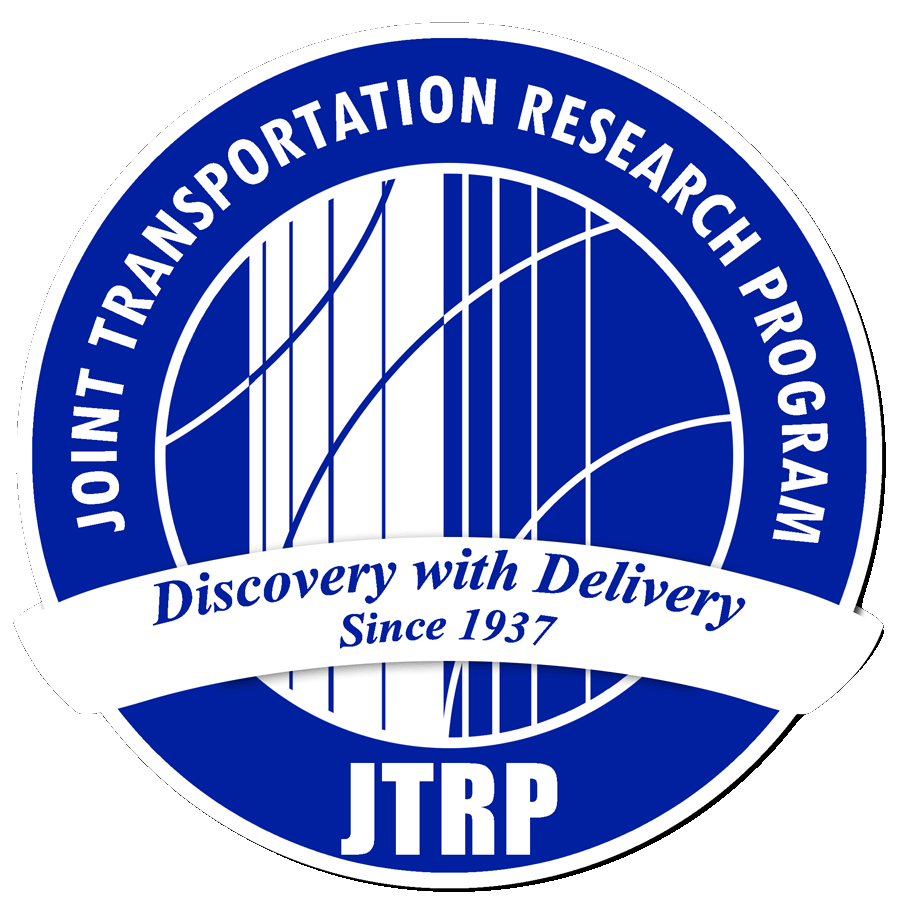Abstract
The Indiana Department of Transportation (INDOT) is tasked with the stewardship of billions of dollars’ worth of public invested highway infrastructure. Not only does INDOT continually seek design and operational policies that foster cost effective project delivery and procurement, they also seek opportunities for revenue generation.
Due to population growth and the increased demand for online connectivity and global information transmission, the fiber-optic cable industry has experienced rapid growth over the past few years. Information and communication technology (ICT) companies have long sought to achieve higher economic productivity by installing fiber-optic cables in the right of way (ROW) of access-controlled highways.
Based on these developments, an experiment was conducted to measure the economic impact in Indiana. To determine this impact, a database was developed by compartmentalizing the analysis into (1) GDP per county per industry type, (2) the natural growth of GDP as a factor, and (3) the extent of contribution of broadband in the growth of GDP. A general formula was developed to incorporate the adjusted median income on both the industry and county levels, along with a broadband contribution factor. This formula was employed to determine policies that can produce optimum economic outcome by leveraging the Pareto method.
Keywords
conduit, fiber-optic, global connectivity, information transmission, economic productivity, GDP growth
Report Number
FHWA/IN/JTRP-2020/15
SPR Number
4319
Sponsoring Organization
Indiana Department of Transportation
Performing Organization
Joint Transportation Research Program
Publisher Place
West Lafayette, IN
Date of Version
2020
DOI
10.5703/1288284317131
Recommended Citation
Iyer, A. V., Labi, S., Dunlop, S., Brady, T. Jr., Amijaya, E., & Nafakh, A. (2020). Cost and benefit analysis of installing fiber optics on INDOT projects (Joint Transportation Research Program Publication No. FHWA/IN/JTRP-2020/15). West Lafayette, IN: Purdue University. https://doi.org/10.5703/1288284317131


